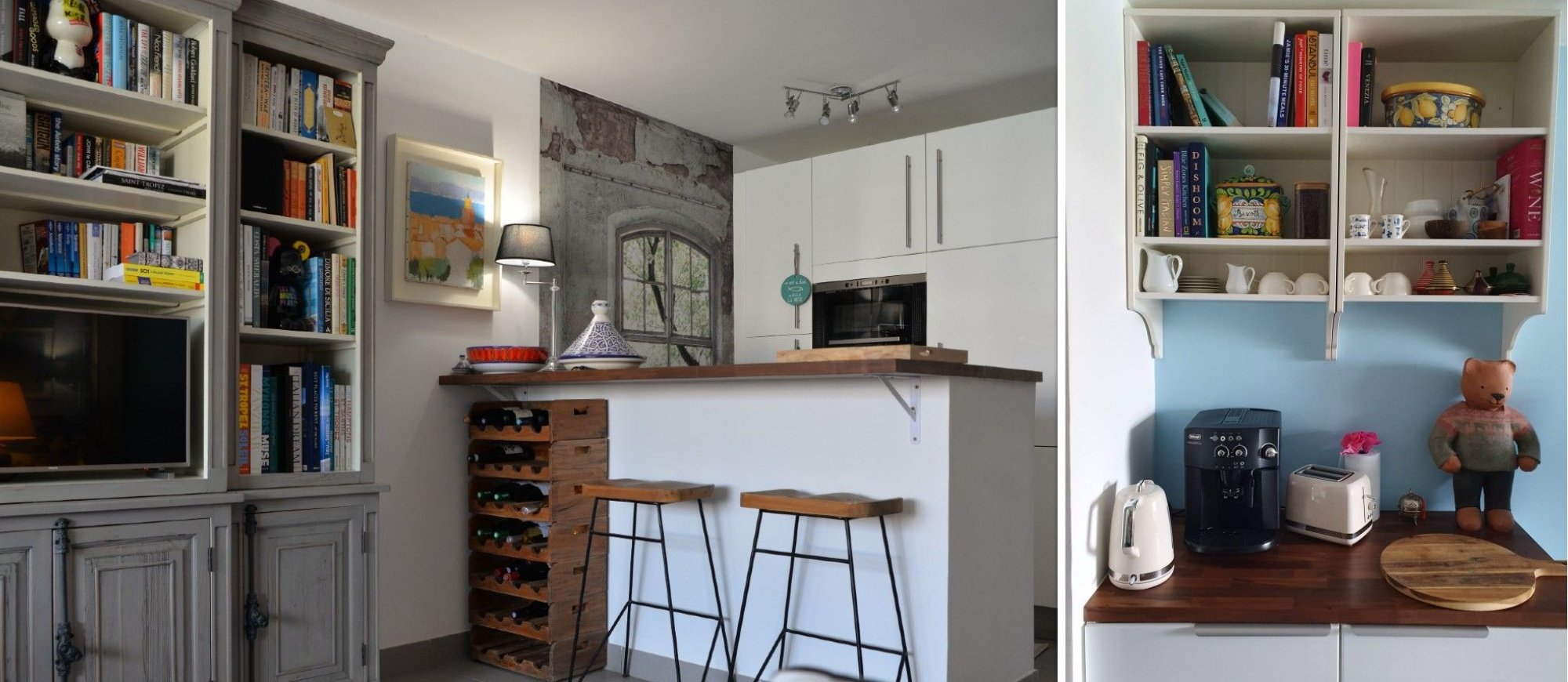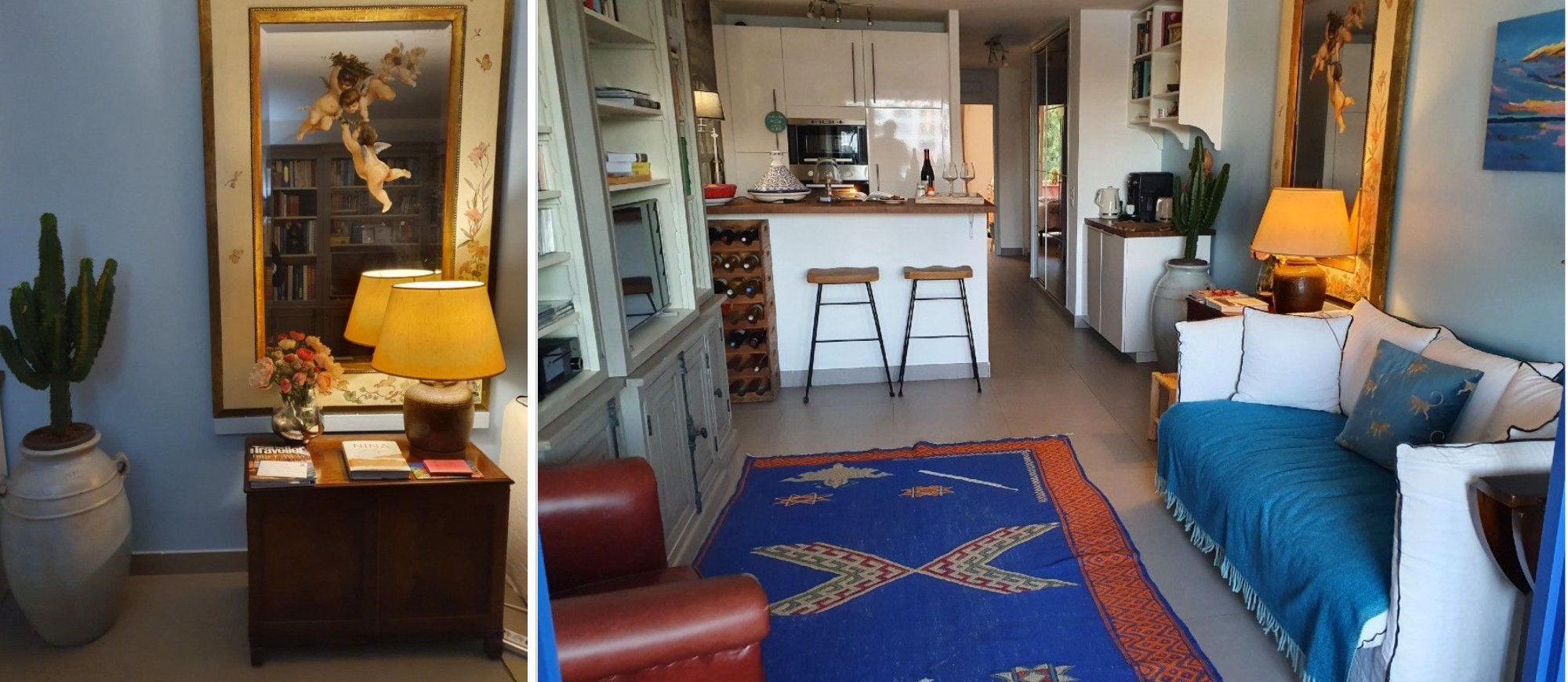Club Vivanova Interviews Jessica and Nisha Stockmann - Why Always Sons and Not Daughters?
Jessica, you founded and run a company together with your daughter. What is special for you about working together with your daughter?
I can have a very honest exchange with my daughter. Nisha has her incredibly good taste and her very own ideas and of course I have mine, but we cross-fertilise each other and don't slow each other down. Not only did she study architecture and spatial design, she also grew up in several countries and cultures and therefore thinks very internationally and is part of the new, young generation, the generation Z that values completely different things.
Nisha, you work with your mother. A good feeling?
So far, yes! But if things were to change, we would find a way. I learned from my mother that there are always solutions, so I have no fears that we could clash professionally. Our recipe for peaceful and successful coexistence is communication, and that has always been a top priority in the Stockmann family.
Did you have to set up rules in advance, along the lines of separating private and business matters?
We don't need any new rules. My mother always had a lot of respect for the younger generation and therefore took me into the team on an equal footing. She often tells me that she can learn a lot from me. I studied spatial design and my mother is more of a self-made woman. So we complement each other very well and are not in competition with each other.
Many young women have little desire to keep close ties to their parents even after their education. What is different with you?
My grandmother was super close with my great-grandmother, my mother was inseparable with her mother, that somehow seems to run through the family and I am super happy that it is so.
Jessica, your company is called Stockmann. Why not Stockmann & Daughters?
I thought long and hard about calling us Stockmann & Daughters, but I didn't want to put pressure on my two daughters to work with me one day. My big daughter Nisha decided on her own, but my little daughter Nicita is only 18 and started university. She is studying Media & communication management.
She should be free to decide where her career path might take her. In our projects, we run under Stockmann³ because we see the cubic metre and thus the whole space and not just the square metre. And the 3 actually also stands for 3 generations. Our desire is to create spaces in which three generations also feel comfortable.
It is noticeable that there are hardly any companies that have a "& Daughters" in their name instead of the familiar "& Sons". Do you have an explanation for this?
There are certainly historical reasons for this. Daughters did not enter the workforce in the past and even fewer took over family businesses. In the past, a woman was responsible for the household and the children, not for the company. In 1920, women were not even allowed to study in Germany and 100 years later, a minority of companies are still run by women.
To set an example, I would actually have to call my company Stockmann & Töchter, but that would create immense pressure on my girls. And what will we do when a grandson comes into the house? The poor boy might need his place too (laughs).
What drives you in your joint activities?
(Jessica) - Above all, we enjoy our projects and divide our tasks very well. Of course, there is a moment in every project when you feel like throwing everything away, but we like to take responsibility, a virtue that is often dying out, so once we start a project, we see it through to the end. Only when there is a bouquet of flowers on the table and at least one candle burning is the project ready to move in.
Jessica, you are still known above all for your acting and your moderations. How did you get into real estate?
After 15 very successful years in show business, I became a mother and a short time later I was a completely unplanned single parent. I was looking for a solution that would allow me to be a mother and earn money to give my daughters and me a good life with the best education. I was looking for a new challenge that would allow me to travel less and, above all, spend more time with my children.
The construction industry seemed more mother-friendly than the TV industry, which involves many night shoots and long journeys. Not knowing that as a woman I was entering a total male domain, I took out very large loans and began to buy and renovate properties with the corresponding risk. My business studies helped me with the calculations, and my father was and still is my great advisor. I wanted to create, but no longer in front of the camera and created new stages for myself with my building sites, which I now directed. All of a sudden I was producer, director and actor in one, but on the construction site.
What qualifications did you have to acquire to be successful in the luxury real estate segment?
(Jessica) - I constantly and always have my eyes open. In every restaurant, hotel or airport - I look everywhere to see which materials have been processed and how. In the luxury segment, it's all about quality that lasts 100 years. But we also have to know exactly what is "in" and trendy at the moment. Of course, working with Nisha is worth its weight in gold. She knows exactly what the young target group wants. I, on the other hand, know what the 30-70-year-old customers value. The best thing is to come up with something that doesn't yet exist. Customers pay more for luxury than for standard, but their demands are disproportionately high. Just "chic" is not enough. It has to be sustainable, elegant, modern and yet traditional with various design highlights.
And do you like to take risks professionally?
Of course, I would prefer a safe business without risk, but that's hardly possible. Every success requires courage, but my investments have never really felt courageous to me because I was so sure I was doing the right thing. In retrospect, I often realised how brave I was.
Nisha, you started studying architecture with the specific focus of working together with your mother?
No, to be honest, that's how it turned out. Even as a 6-year-old, I preferred building entire cities and hotels with Lego to playing with dolls. My mother often tried to make me like Barbie, but to no avail. All I ever wanted to do was build. During my studies I made various plans, sketches and mood boards for my mother. At some point she started handing me the Excel spreadsheets and said: "Since you're not studying business, I'll explain to you on the basis of our real estate how it looks with the somewhat boring, uncreative things, because just being creative is often not enough to understand the context". Before I knew it, I was helping her prepare the tax returns. My mother cleverly offloaded that onto me - (laughs).
What makes a nice property for both of you?
(Jessica) - Location is important and the property or plot has to feel good from the start, no matter what condition it is in. Our goal is that you feel so comfortable in the finished property that you don't want to leave it rain or shine. Accordingly, we build, renovate and design.
How do you proceed when you find a property that is exciting for you?
(Jessica) - The most difficult thing is "finding". We search daily, keep our ears open and work with various estate agents. Somehow it's just like with interpersonal relationships. They don't just lie around on the street. But when it "clicks", everything often happens very quickly. When we fall in love with a property, everything happens at breakneck speed. We try to look at the property several times, and film and photograph it, in order to later highlight the advantages and resolve the disadvantages.
Then we get a surveyor, and after that comes the loan. Once that's in place, we go to the notary and as soon as we're registered in the land register, we tear out the first walls and the fun begins (both laugh).
Jessica Stockmann is the owner of Villa Monaco - a Club Vivanova Platinum Partner
Villa Monaco is a Club Vivanova Platinum Partner
View our Villa Monaco Feature



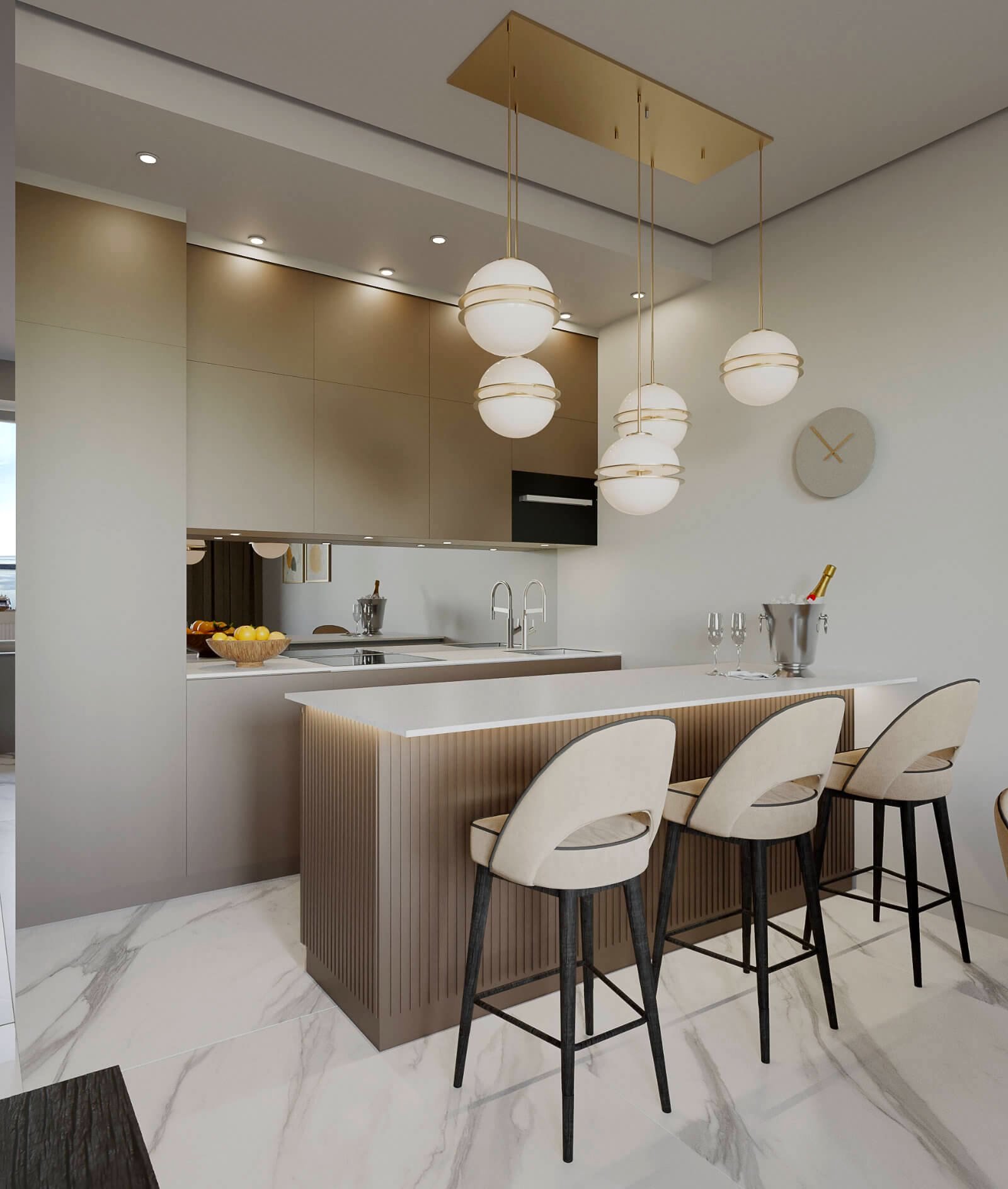
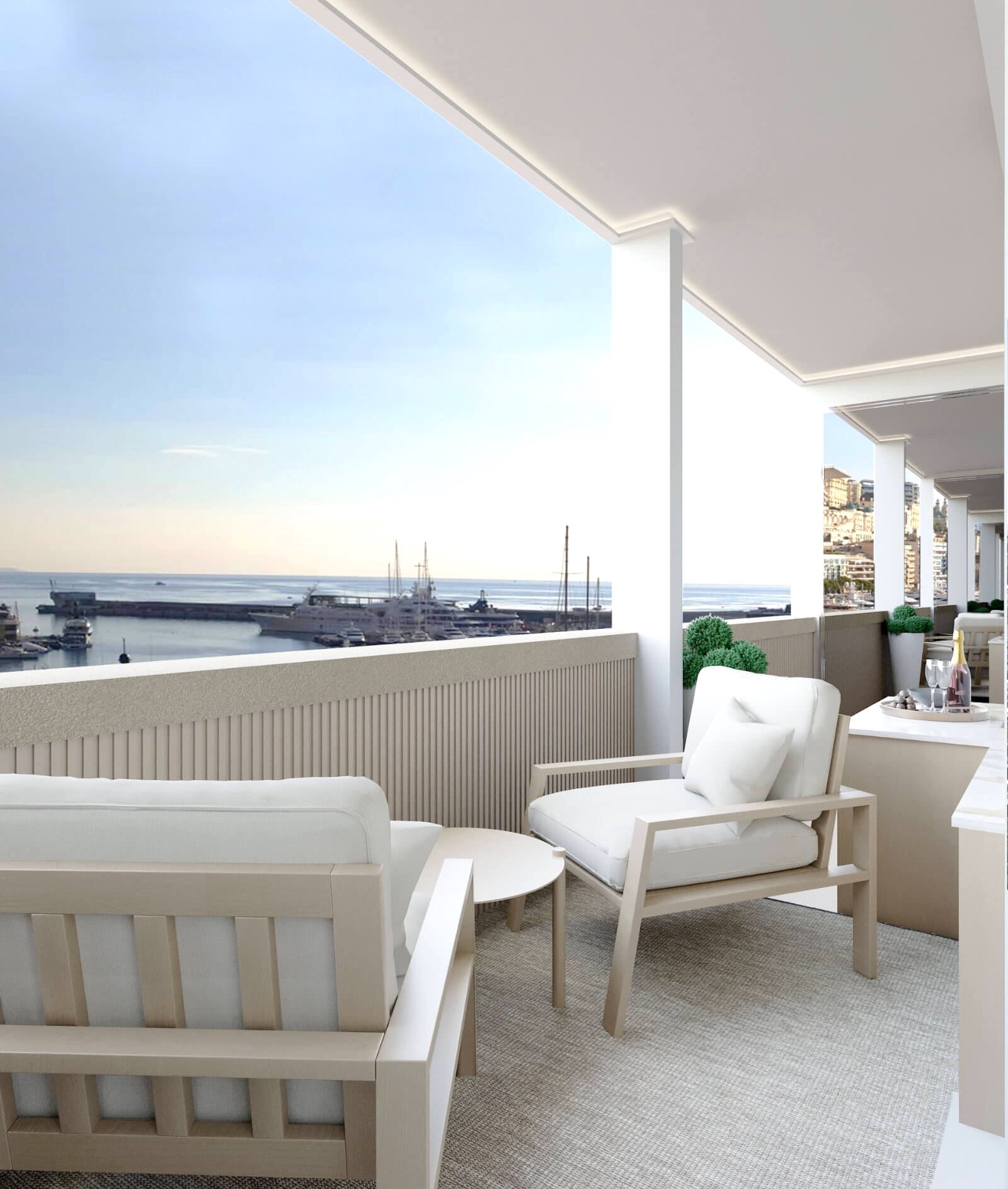

















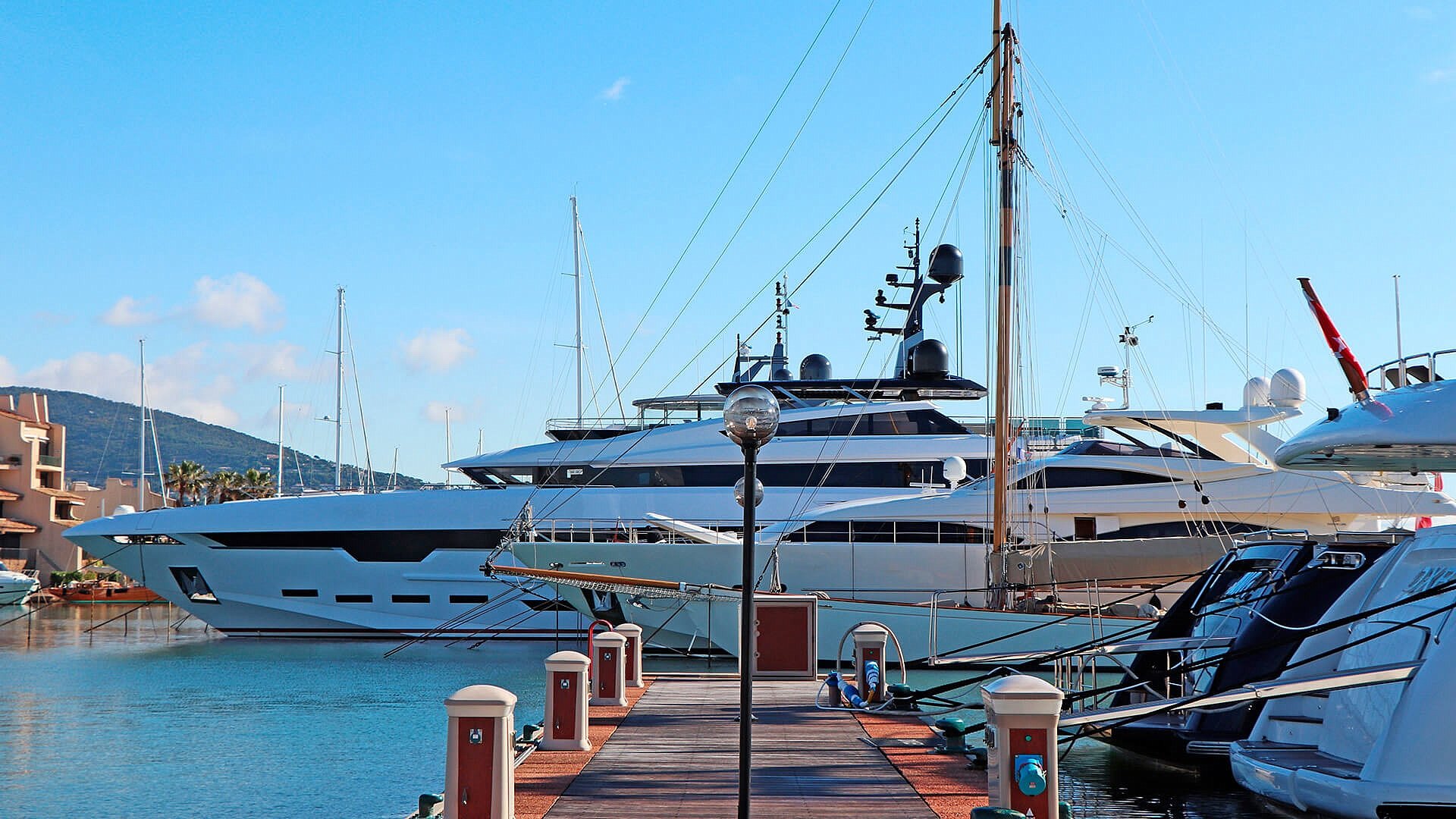
![20210604_081454[15699].jpg](https://images.squarespace-cdn.com/content/v1/5512c58de4b07319c3fed0c7/1642421166784-SMN57HOY94IGUHEH004C/20210604_081454%5B15699%5D.jpg)

